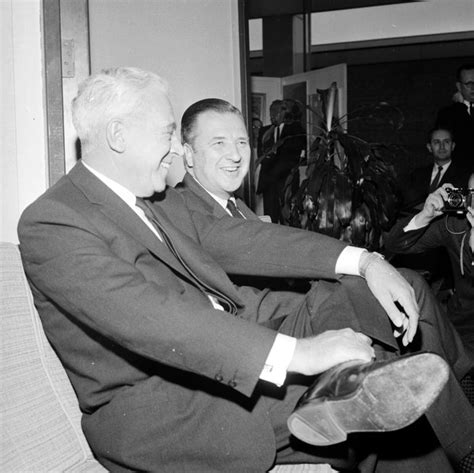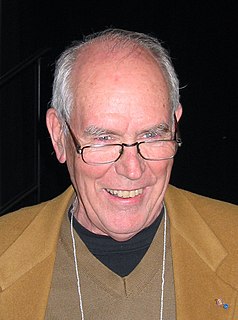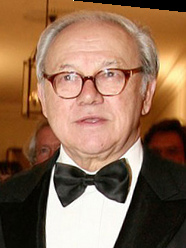A Quote by Bill Gates
One of the wonderful things about the information highway is that virtual equity is far easier to achieve than real-world equity...We are all created equal in the virtual world and we can use this equality to help address some of the sociological problems that society has yet to solve in the physical world.
Related Quotes
Commentators frequently blame MMORPGs for an increasing sense of isolation modern life. But virtual worlds are less a cause of that isolation than a response to it. Virtual worlds give back what has been scooped out of modern life. The virtual world is in important ways more authentically human than the real world. It gives us back community, a feeling of competence, and a sense of being an important person whom people depend on.
If you're having a very high-adrenaline, high-movement experience in virtual reality, and then all of a sudden you're back in your office, that disconnect is pretty notable. Whereas if you're using it for virtual reality teleconferencing... there's really no kind of impact moving back and forth between the real and the virtual world.



































